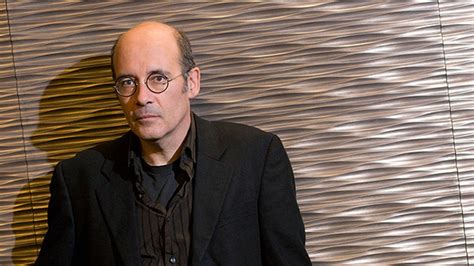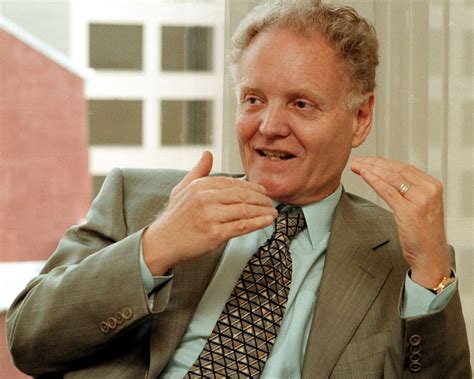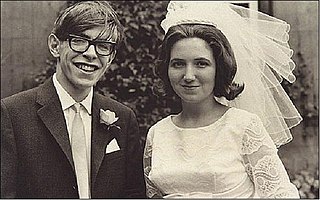A Quote by Luc Sante
I realised that although I was fascinated with America, its history and culture, I was not interested in becoming
American.
Related Quotes
Now I've come to such a mixed culture: America, Europe, South America, Africa. And the politics are changing everywhere all the time and becoming even more unpredictable. There's no such thing as "fixed" culture. China is also becoming more global. Its problems are becoming international problems, becoming German problems, becoming American problems. Nothing is clear-cut. Perhaps I'll find my way - or get totally lost.
There is nothing antithetical in American history, culture, or traditions to teamwork. Teams were important in America's history - wagon trains conquered the West, men working together on the assembly line in American industry conquered the world, a successful national strategy and a lot of teamwork put an American on the moon first (and thus fare, last). But American mythology extols only the individual...In America, halls of fame exist for almost every conceivable activity, but nowhere do Americans raise monuments in praise of teamwork.
I am not a historian, but I find myself being more and more fascinated by history and now I find myself reading more and more about history. I am very interested in Napoleon, at the present: I'm very interested in battles, in wars, in Gallipoli, the First World War and so on, and I think that as I age I am becoming more and more historical. I certainly wasn't at all in my early twenties.
Mexico City is the center of art and culture and politics and has been and continues to be for Latin America in a way that I think really called to me as an artistic person, as someone that was interested in the politics of Latin America, you know. God, every single famous person in Latin American history and art and politics seems to have found their way to Mexico City.
I went out to cover the wars in Iraq and Afghanistan fundamentally [in Buzzing at the Sill] because I was interested in war as a notion and in experiencing it. I was interested in history and how societies form. I was interested in the recent history of what had provoked these wars. So when I finally got out there, I was really seeing the wars through the American perspective, much more than through being embedded with American soldiers and Marines.
When we look at the arts and letters in America, especially if we look at poetry, and poetry set to music, this dialogue, we have this very powerful beautiful, eclectic, diary, or narration of being in America, being American, participating in America, becoming more of America and also as an American, the American creative spirit, which is quite interesting. Our composers and poets have spent more time writing and thinking and speaking out of what it means to be a composer or poet as well as to be an American, or a composer or poet In America; both relationships.
If you've been preached to, if you've been educated, if you've been raised to believe that America is the most racist, the most disgustingly vile nation in the history of the world, and you are white, then you can inoculate yourself. You can immunize yourself from being associated with that aspect of American history because you are white, by becoming anti-American, anti-this and anti-that.
I've always been so interested in personal history. I'm very fascinated by my parents' and my grandparents' generations. I seem to think that they had a resilience and an integrity that may be somewhat deficient in my own generation, and in subsequent generations as well, because America has been rather easy to live in since the Depression.





































